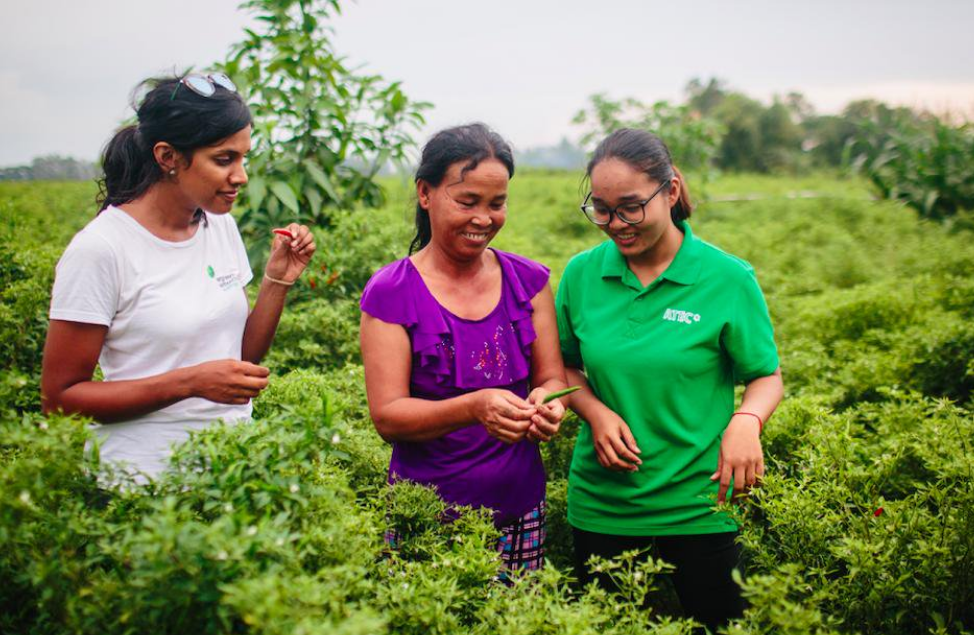ImpactAlpha, December 2 – Solar startups pioneered the pay-as-you-go model to introduce low-income, off-grid customers to electricity. Australia’s ATEC is applying the financing model to biodigestion to enable Asia’s smallholder farmers to manage farm waste and simultaneously tap a new energy source: biogas.
ATEC makes portable, durable small-scale biodigestion systems designed for farmers with only a few head of livestock. Its systems process up to 40 kilograms of manure per day and generate biogas for cooking or to run an electric generator. The systems also produce fertilizer.
Customers can pay for the system over time with a local mobile money app.
ATEC estimates that its systems save customers about $500 per year on fuel and fertilizer.
Target market
ATEC estimates there are nearly six million small farms in its target markets of Cambodia and Bangladesh that could benefit from its systems. It has sold its digesters to 1,400 Cambodian farmers since launching in 2016.
Equity round
Singapore’s Impact Investment Exchange (IIX) helped ATEC raise $1.6 million in equity financing, led by French energy company ENGIE via its impact fund Rassembleurs d’Energies. The funding will support ATEC’s expansion to Bangladesh. IIX Growth Fund, Fondation Ensemble and Phitrust Asia also backed the round.
Earlier this year, ATEC became the seventh startup secure an impact-linked loan ($30,000) from U.S.-based Beneficial Returns. The loan’s final payment will be forgiven if ATEC sells a specified number of systems. (See, “Impact-linked financial rewards help high-impact companies attract growth capital”.)
Rise of biogas
The biodigestion market is nascent, but a growing number of companies are working to unlock its potential as a clean, circular fuel source. Like ATEC, Mexico-based Sistema.Bio makes and sells biodigesters for small scale farmers. U.S.-based Leyline Renewable Capital is using bridge financing to derisk utility-scale biodigestion facilities.












